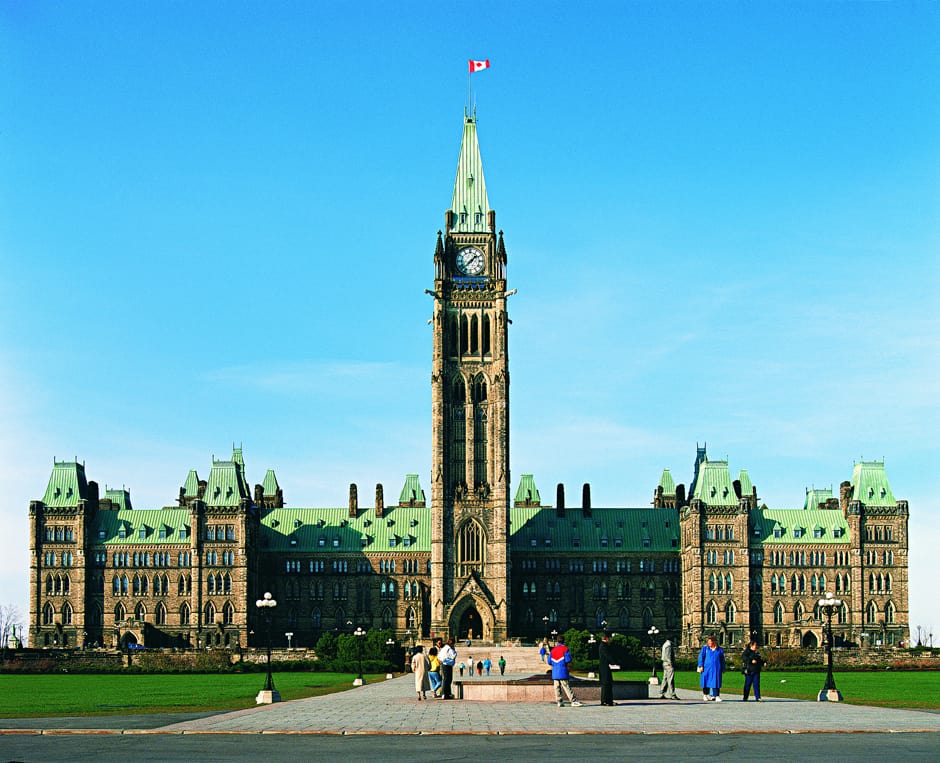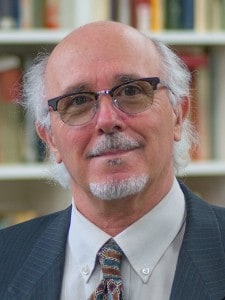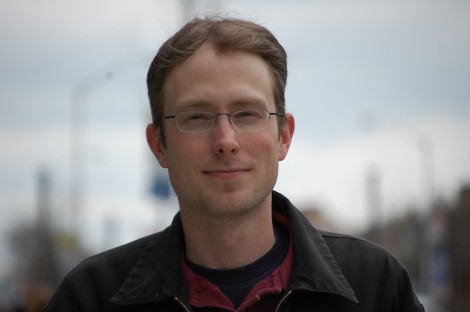Three, sometimes four, parties have dominated election discourse. It is easy to forget the smaller parties whose campaigns are not as well funded and whose supporters may be fewer in number. The Varsity talked to University-Rosedale candidates Steve Rutchinski (Marxist-Leninist), Simon Luisi (Animal Alliance), Drew Garvie (Communist), and Jesse Waslowski (Libertarian), about their platforms and what they think is missing from the nationwide conversation.
RUTCHINSKI: MARXIST-LENINIST
A Marxist-Leninist for 42 years, Rutchinski thinks his most important task as a candidate is to empower voters. “Our democracy is really failing,” he says, “in terms of its core objective, or core purpose, which is to be a measure of the public will,” he says.
The blame, he says, falls partly on a system in which “the party in power doesn’t have to give a damn what the public will is.” He cites Brian Mulroney’s Free Trade Agreement, supported by approximately 30 per cent of the public, and Jean Chrétien signing the North American Free Trade Agreement in 1994, after he promised not to as examples of this behaviour.
Rutchinski believes that large corporations have too much political power: “They don’t make decisions based on what’s good for a country, they make their decisions based on what suits them.” He thinks the first steps in solving this problem are dismantling free trade agreements that favour corporations at the expense of Canadian workers and building a manufacturing economy whose profits benefit the Canadian people, rather than one that exports its raw resources to foreign corporations.
But before any of that can be accomplished, Rutchinski says that the public have to be empowered. “The problem that faces our society today is not whether we have socialism or not — the problem that faces our society today is to bring about empowerment of the electorate, so the decision making power is in the hands of the people.”
For Rutchinski, this empowerment involves giving the public the tools to influence policy. He suggests that Elections Canada should advertise all parties’ positions; Canadians should have a ‘right to recall’ to impeach elected officials who fail to realise their promises, and that Aboriginal Peoples and Quebecois should be given the right to self-determination, including the right to secede if they so choose.
According to Rutchinski, once the electorate is empowered, people will come to socialist conclusions on their own.
GARVIE: COMMUNIST
A veteran of five Communist Party campaigns at only 30 years old, Garvie focuses less on democratic reform and more on economic and social policy, most of which falls under his slogan “People’s needs, not corporate greed.”
“Corporations have far too much power — economic and political — in this country,” he says.
Although some of the larger parties address this, Garvie does not believe their solutions get to the root of the problem. Raising and lowering taxes, or adding and removing subsidies, will make for very incremental change and will always leave room for corporations to take back power, he says. He cites the last 40 years of western democracy as proof that no ‘neoliberal’ market intervention can reduce poverty.
Instead, Garvie advocates for structural changes, namely public ownership, and democratic control. Public ownership means the ownership by Canadian citizens of natural resources, the energy industry, and the banks. According to Garvie, the profits from these industries would go into infrastructure, economic stimulation, and social services, says Garvie, bringing the benefits of Canadian industry and economy to the Canadian people, rather than corporations. According to Garvie, this is not an unrealistic plan — Mexico, for example, has had a nationalized oil industry for some time.
The Communist Party platform includes a number of policies Garvie thinks will be important to students, including a minimum wage of $20 per hour, full federal funding of tuition, the cancellation of existing student debt, and a “living stipend” for students. Garvie also thinks public ownership of natural resources will give us the power to curb our contribution to climate change.
“The central point of our campaign,” says Garvie, “is that corporate power needs to be fought back against, and voting Communist is an expression that you agree with this direction.”
WASLOWSKI: LIBERTARIAN
At 24, Waslowski is the youngest candidate by far. He is running his first election on a platform of “greater respect for people’s rights to life, liberty, and property.” Three issues are essential for him this election: Canada’s foreign policy, border reform, and sovereignty of Indigenous Peoples.
Waslowski thinks that Canadian military should be removed from foreign conflicts, and refocused on national defence. On border reform, Waslowski believes that withdrawing from free trade agreements that introduce tariffs and barriers would encourage international trade. He also thinks we should adopt an “open border” for immigrants, meaning the only people barred would be violent and fraudulent criminals.
“Economists predict that the single most effective change for boosting GDP in the world is not free trade, it’s not removing subsidies, it’s free immigration,” says Waslowski
The right to sovereignty and self-governance of Aboriginal communities, as well as their rights to land and resources, is also an important issue for Waslowski. This distinguishes him from the larger parties, some of which advocate for a “nation to nation” relationship with Aboriginal Peoples, but seem to think, Waslowski says, “that any exchange of property or rights or land needs to be done first through the government, rather than simply recognizing that these rights reside within these groups.”
The Libertarian economic policy calls for an end to corporate subsidies and a massive simplification of the tax code. The party believes most government intervention flies in the face of respect for life, liberty, and property, and that government intervention may create monopolies, and is often to the benefit of corporations.
Waslowski is nonetheless in favour of certain government interventions — for example, a tax on the rich to support a guaranteed minimum income for the poor — so long as they don’t distort the market and make things unfair (or more expensive) for other people, and so long as they respect the rights to life, liberty, and property.
LUISI: ANIMAL ALLIANCE
Paricipating in his fourth campaign, Luisi advocates for environmental protection and animal rights. He sees hypocrisy in our treatment of animals. “There’s a lot of disparity between how we treat animals, and how we know we should treat animals,” he says.
He thinks any party advocating for the environment is wrong to ignore animal rights. “If you do harm to the animals, you do harm to the environment,” he says.
Luisi cites animal experimentation, research, and consumption, as major issues. The Animal Alliance party has wide-ranging platform, but most of their positions are related to animal and environmental welfare. For instance, they advocate a “steady-state economy,” aimed at economising resources, a health care system that promotes a vegetable-rich diet, and pollution control.
The party is also advocating for full government funding of all levels of education from kindergarten to post-graduate.
Luisi does not think he will win the election, but he says his party, and other small parties, have a serious role in holding the larger parties accountable. “Those bad politicians who supported cruelty to animals, or damaged the environment, they have to be held accountable, this is very important to us. If there is no incentive for them not to damage the environment, they will continue doing it.”
He cites Karen Levenson’s work on ending animal research in Guelph, the impact of other small parties like the Greens, and the number of small party policies that are taken up by the bigger parties, as evidence of the impact of parties like his.
Interestingly, Luisi all but endorses Nick Wright, the Green candidate in University-Rosedale, saying: “If anybody hesitates between two candidates, then go for Nick of the Green Party, that’s what I recommend this election.”





